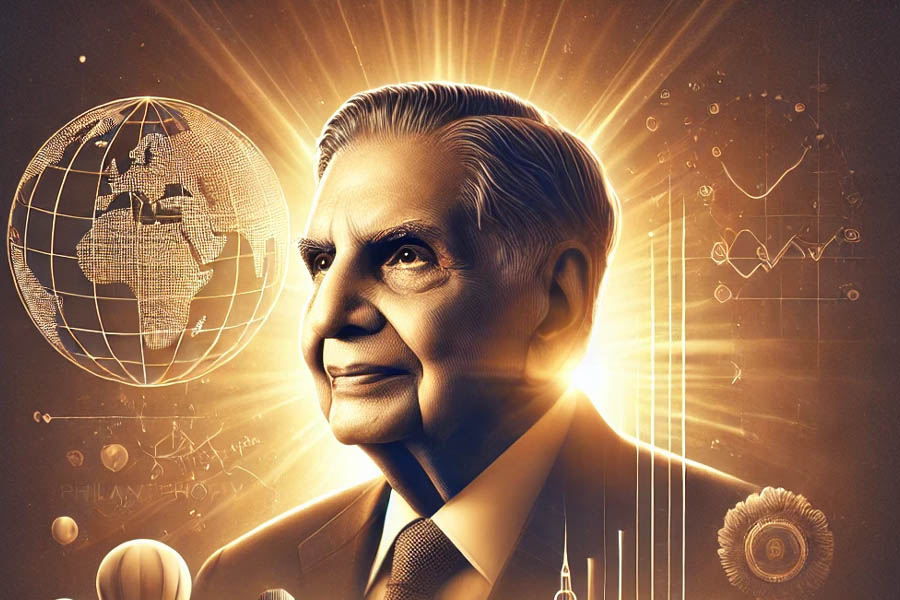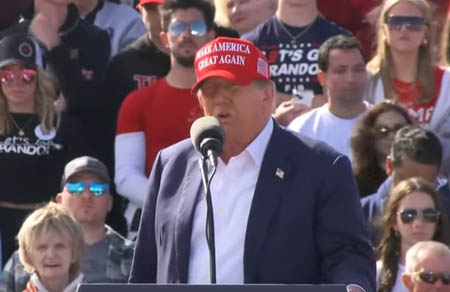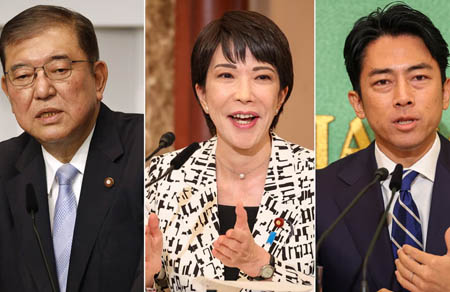
Ratan Tata Dies at 86: Honoring India's Visionary Business Tycoon
10-Oct-2024Today marks a somber day for the Indian business community as Ratan Tata, one of India's most esteemed business tycoons, passed away at the age of 86. Announced by the Tata Group, the conglomerate he led for over two decades, Tata's death signifies the end of an era in Indian and global business.
Legacy of a Global Business Leader
Ratan Tata was synonymous with the Tata Group, one of India's largest and most respected companies. Under his leadership, the conglomerate expanded its global footprint by acquiring high-profile brands such as UK-based car maker Jaguar Land Rover and the world's second-largest tea company, Tetley. His strategic vision transformed Tata Group into a global powerhouse, spanning diverse industries from software to luxury automobiles.
Philanthropy and Ethical Leadership
Tata's approach to business was deeply rooted in philanthropy and ethical leadership. He believed in leveraging business success to contribute to societal welfare, encapsulating the ethos of "capitalism with a heart." His initiatives in healthcare, education, and rural development have had a lasting impact on millions of lives across India.
A State Funeral and National Mourning
The Indian state of Maharashtra has declared a day of mourning for Ratan Tata. Chief Minister Eknath Shinde announced that Tata would be accorded a state funeral, underscoring his profound influence on both the business landscape and the nation. Indian Prime Minister Narendra Modi hailed Tata as a "visionary business leader, a compassionate soul, and an extraordinary human being."
Tributes from Prominent Figures
Prominent entrepreneurs and business leaders have expressed their grief and admiration for Tata. Asia’s richest man, Mukesh Ambani, referred to Tata as "a dear friend" and "one of her most illustrious and kind-hearted sons." Billionaire Gautam Adani praised Tata as "a visionary who defined modern India’s path." Anand Mahindra and Harsh Goenka also lauded Tata's integrity, ethical leadership, and philanthropic contributions.
Personal Life and Humble Beginnings
Born in 1937 into a traditional Parsi family, Ratan Tata pursued an architecture degree at Cornell University before joining the Tata Group in 1962. Despite his immense success, Tata remained modest and grounded, often avoiding the limelight and focusing on meaningful contributions to society. His resilience was evident during the Mumbai terror attacks in 2008, where he took swift action to support the victims and restore the Taj Mahal Palace Hotel.
Q&A: Exploring Ratan Tata’s Life and Legacy
1. Why wasn’t Ratan Tata the richest man in India despite leading one of the largest conglomerates?
Ratan Tata's wealth largely stems from the Tata Group's companies, many of which are owned by charitable trusts. Unlike other tycoons who accumulate vast personal wealth, Tata focused on philanthropy. The Tata Trusts, which own around 66% of Tata Sons, utilize their resources for various charitable causes, limiting his personal net worth.
2. Was Ratan Tata ever married?
No, Ratan Tata never married. In interviews, he mentioned coming close to marriage on a few occasions, but circumstances did not align. Nevertheless, he maintained a close-knit circle of friends and family who were integral to his personal life.
3. What was Ratan Tata’s most significant business achievement?
One of Tata’s most iconic achievements was the acquisition of Jaguar Land Rover in 2008, which positioned Tata Motors on the global automotive stage. Additionally, the purchase of Tetley Tea in 2000 made Tata the world's second-largest tea company, marking the largest international brand takeover by an Indian company at the time.
4. How did Ratan Tata handle the Mumbai attacks at the Taj Mahal Palace Hotel?
During the Mumbai terror attacks in 2008, Tata’s Taj Mahal Palace was one of the primary targets, resulting in significant casualties. Ratan Tata personally oversaw the relief and rehabilitation efforts, ensuring financial support for the families of the victims and spearheading the restoration of the hotel within 21 months, demonstrating his commitment to his employees and the community.
5. What is Ratan Tata’s philanthropic legacy?
Tata's philanthropic legacy is vast, encompassing initiatives in education, healthcare, rural development, and more. The Tata Trusts have funded countless projects aimed at uplifting underprivileged communities in India. His vision of integrating business success with societal welfare continues to guide the Tata Group's social responsibility efforts.
6. How is Tata Group structured today?
Tata Group is a conglomerate with over 100 companies under its umbrella. Tata Sons, the holding company, is uniquely structured with a significant portion of its shares held by charitable trusts that fund various philanthropic activities across India. This structure embodies Ratan Tata’s vision of combining business acumen with social impact.
Conclusion: A Lasting Legacy of Integrity and Vision
Ratan Tata leaves behind an unparalleled legacy that will inspire future generations of business leaders and philanthropists. His contributions extended beyond financial success, embodying a vision for a better India and a better world. Through his leadership, Tata Group became a symbol of ethical business practices, global innovation, and unwavering social responsibility. While his absence will be deeply felt, his legacy will continue to shape the future of Indian and global business.
Tags: Today, we remember and honor the incredible legacy of Ratan Tata. His visionary leadership and philanthropic efforts have left an indelible mark on the business world and society. 🌟🙏 #RatanTata 🙏 #TataGroup 🏢 #LegacyOfLeadership 🌟 #Philanthropy ❤️ #VisionaryLeader 👓 #GlobalPostHeadline
Thank you for reading: Globalpostheadline.com





